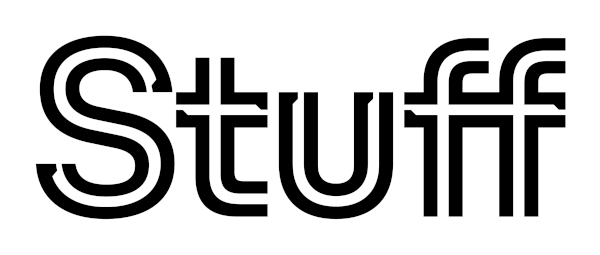
Photo: AFP
A spontaneous weekend away in New Zealand is not as cheap as it once was.
Most domestic travellers will have, in the last few years, gone to book flights for a weekend away and been shocked at the price.
At the time of writing, flights for two people from Auckland to Christchurch on Friday 16 August, leaving after work at 6pm and returning on Sunday 18 August at 3pm cost $1884. This did not include a checked-in bag, just 7kg of carry-on.
Leaving Christchurch at 10am would see the trip cost $1480. The cheapest option was $1020, departing at 6am on Friday, but that would require a day of annual leave or remote work.
The most expensive fare option for Jetstar, for the same dates, was $1236 - leaving Auckland at 6.30pm and returning on Sunday at 8.25pm. That is about $650 cheaper than its competitor. Its cheapest was $734, departing Auckland at 9.25am on Friday and coming back at 6.15am on Sunday.
This scenario sees people leaving Auckland the weekend of the All Blacks v Argentina match at Eden Park on 17 August.
It is cheaper for people coming from the Garden City to watch the game.
Again, leaving Christchurch at 6pm on Friday and coming home at 3pm was $1324. The most expensive option was $1554 to come home at 6pm, too.
Air New Zealand's least expensive option was a flight from Christchurch at 8am and home to Christchurch on Sunday at 1pm - $878.
Air New Zealand chief customer and sales officer Leanne Geraghty told Stuff Travel there is always high demand for domestic travel over weekends with Friday evenings and Sunday evenings traditionally being the busiest times of the week.
"On any route, we have multiple price points, and on a Christchurch to Auckland flight, prices range from $89 to $495 for a seat-only fare. Flights go on sale 12 months out, so if a customer books early, they are much more likely to find a price at the lower end of that range.
"As more customers book and the flight fills up, fares will move up through the range, reflecting there is now greater demand for fewer remaining seats. Simply put, it is a supply and demand-driven pricing system, which means lower fares do sell out quickly for peak travel times or around events.
"This approach ensures there are seats available at short notice, as having a network of sold-out flights would not serve the public well."
In July, Consumer New Zealand said the cost of Air NZ flights had soared up to 300 percent in the past five years. It compared fares for 11 Air New Zealand flights in 2023 and 2024 with fares for equivalent flights taken from 2019 to 2021 and found all flights, bar one, were more expensive three or four years later.
The price increases varied between 34 percent and 297 percent.
However, the national carrier called the findings "misleading".
"The small sample of fares they have used reflects two very different operating environments. In 2020 and 2021 there was a global pandemic, the borders were closed, and at times there was restricted domestic travel," Air New Zealand general manager domestic, Scott Carr said last month.
"Our domestic fares have increased by 20 percent from 2020 to 2024. Meanwhile, the airline has faced rising costs from suppliers of over 40 percent.
"In the past year, according to Statistics NZ, domestic airfares have decreased by 4 percent."
Stats NZ data from March showed domestic airfares went up 7.4 percent in February compared to January 2024 and increased 7.7 percent from February 2023.
Consumer NZ found a return flight to Hamilton for two adults with no luggage, booked two days beforehand, cost $281.20 in 2021. In 2024, the same flight booking cost $1118.
A Christchurch-Dunedin return trip booked with five weeks lead-in time cost $123.60 in 2020. The same flight in 2023 cost $344 - nearly three times as much.
The airline announced an increase in its domestic fares in April. At that time, acting general manager domestic Jeremy O'Brien said its cost base had risen by more than 30 percent.
Jon Duffy, CEO at Consumer NZ, told Stuff Travel that aside from expenses like fuel, staff and airport charges, there is a lot of mystery for consumers about the breakdown of airfares, particularly with the way that dynamic pricing works.
"New Zealand also has the most concentrated domestic aviation market in the world, so we think it's valid for consumers to question whether the prices they're seeing are justified.
"It's difficult to know whether competition in New Zealand's domestic aviation market is working as well as it should, but we do know that a fair price is the one customers are willing to pay. In a heavily concentrated market, people have limited choice, and aren't able to "vote with their wallet" - which is healthy, consumer behaviour that puts pressure on businesses to compete on price, and ultimately plays a role in determining what that 'fair' price really is.
Duffy said New Zealanders deserve more transparency around what goes into an airfare, and if competition is working well in the sector. It has called for a market study to demystify the domestic airfare market in Aotearoa.
- This story was originally published by Stuff.





